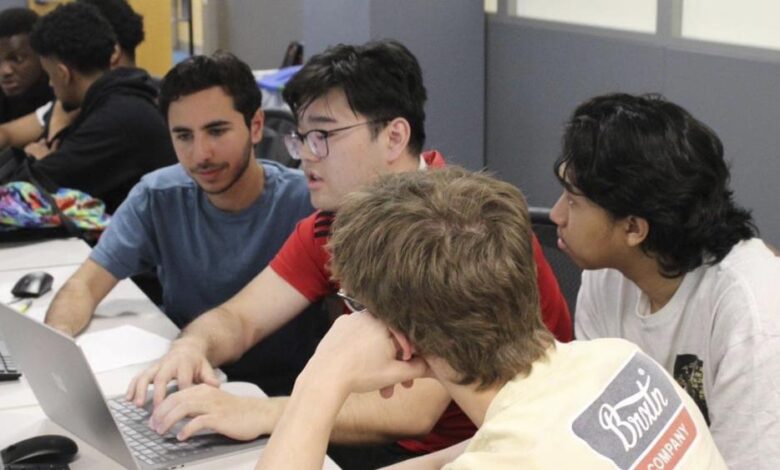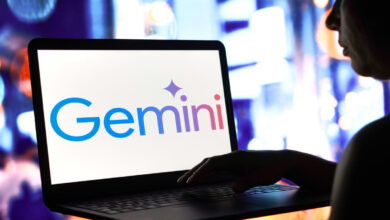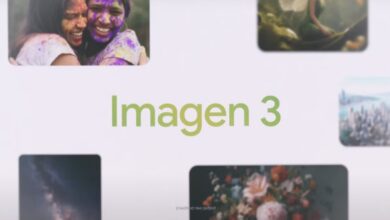AIMI fellow focuses research on using generative AI in contest programming

HARRISBURG, Pa. — Contest programming using generative artificial intelligence programs like ChatGPT are full of “new possibilities,” according to Jeremy Blum, chair, computer science and mathematics and associate professor of computer science at Penn State Harrisburg.
“It’s an exciting time,” Blum said. Blum, who is a fellow with the Penn State Center for Applications of Artificial Intelligence and Machine Learning for Industry (AIMI), researches contest programming using generative AI to help increase participation.
During his work, Blum has helped coordinate contests across Penn State campuses. The contests have also been held virtually.
The second-annual Generative AI Programming Contest was held during the inaugural AI Week and had participating students use ChatGPT to attempt to solve problems the system could not fully solve. According to Blum, this contest encouraged students to use the system to help them come to a solution for the problem they were attempting to solve.
“A big driver of this research is focused on lowering barriers in order to broaden participation,” Blum said. “There is a diverse body of hypotheses of the work that are becoming widely available offering opportunities to address some of those barriers. With that event [the contest] and by incorporating generative AI into computer science curriculum, we can address the roadblocks when students run into them … we can improve students’ success.”
This event wasn’t the start of Blum’s interest in contest programming; he’s been involved in organizing international programming contests for more than 10 years. In 2022, Blum was the technical lead for the IEEEXtreme programing contest, which drew 10,000 participants from around the world. The contest was held before ChatGPT was publicly available, and its ability to solve a range of contest programming problems posed a challenge for distributed contests like IEEEXtreme.
“To this point, my research focused on how we can ensure success in these contests to broaden participation. Now, there was a bigger concern about how to detect and prevent the use of AI to cheat in these contests,” Blum said.
In February of 2023, students from Penn States Women in Technology Club asked if they could hold a contest. Blum related that the students from the Women in Technology club had limited experience with contests.
“That’s when a light bulb went off for me,” he said. “What if we allowed and encouraged the use of ChatGPT in these contests? Would these tools lower barriers to participation?”
The generative AI contest was very successful attracting more than 100 students, most of whom had no previous contest programming experience.
Research kicked off in the summer of 2023 just after the first Generative AI Contest and the Institute for Computational and Data Sciences (ICDS) announcement of grant funding that supported collaboration with a minority supporting institution.
“It seemed like a perfect opportunity to take what we learned from the contest and how we can expand on it,” Blum said.
In addition to the multiple campus contest, this ICDS grant will enable Blum to expand the generative AI contest to high school students.
“The biggest benefits I’ve gotten from [the AIMI fellowship] are the connections I’ve been able to make as a result of the program,” Blum said. Blum noted the connections with ICDS that helped bring the generative AI contest to multiple PSU campuses as well as connections, for example, with Jeff Remington and the Center for Science and the Schools (CSATS) to bring contests and professional development workshops to K-12 educators.
In another project, Blum is working on an undergraduate research challenge sponsored by The Association for the Advancement of Artificial Intelligence (AAAI), which promotes student research on natural language processing tasks in the context of word association games like the popular card game “Apples to Apples.” Within this project students will explore a variety of topics related to “large language models and generative AI,” Blum said. The group of undergraduates will work together over the summer to conduct this research and submit a paper for a conference.
“It’s a cool experience for the students,” Blum said.



